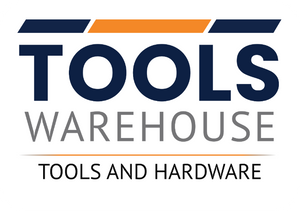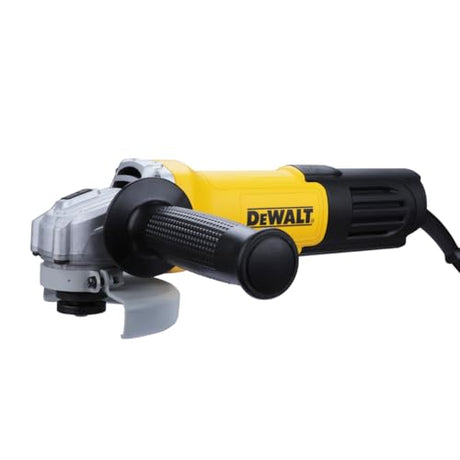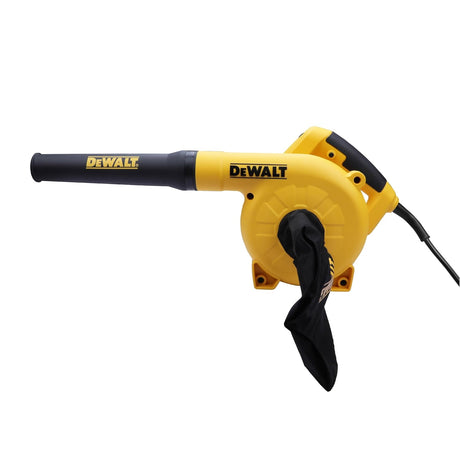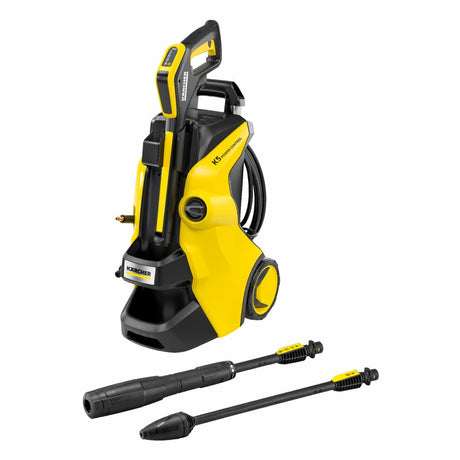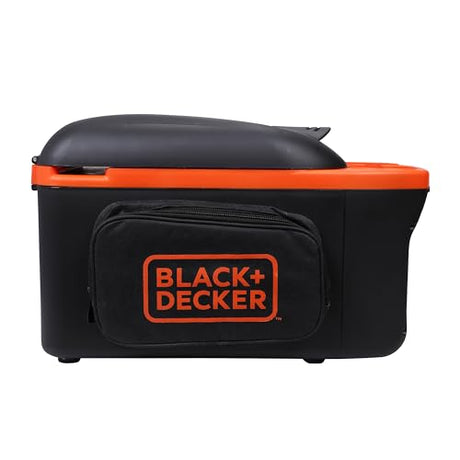Bosch 12V 2.0Ah Battery Twin Pack with GAL 12V-40 Charger
Rs. 5,499.00Rs. 10,100.00Unit price /Unavailable- 44% off
Bosch GAL 12V‑20 Professional Charger
Rs. 1,818.00Rs. 3,275.00Unit price /Unavailable - 35% off
Bosch ProCORE 18V 8.0Ah Battery Pack
Rs. 12,588.00Rs. 19,450.00Unit price /Unavailable - 44% off
Bosch ProCORE 18V 4.0Ah Battery Pack
Rs. 6,775.00Rs. 12,000.00Unit price /Unavailable Bosch GBA 18V 5.0Ah Battery Pack
Rs. 6,600.00Rs. 9,600.00Unit price /Unavailable- 30% off
Bosch GBA 18V 4.0Ah Li‑Ion Battery Pack
Rs. 4,979.00Rs. 7,150.00Unit price /Unavailable - 32% off
Bosch GBA 18V 2.0Ah Professional Battery
Rs. 3,570.00Rs. 5,250.00Unit price /Unavailable Bosch GBA 12V 3.0Ah Professional Battery
Rs. 1,863.00Rs. 3,900.00Unit price /Unavailable
